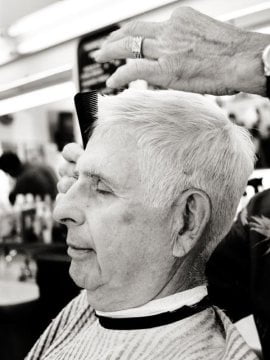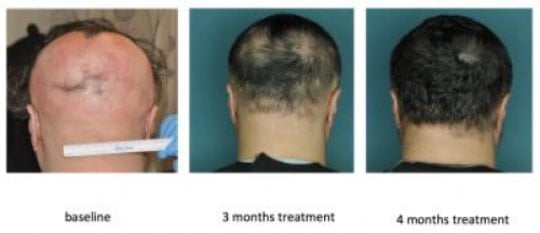
KOCHI: To stem the tide of Covid-19, the advice from major health bodies is to wash hands properly and frequently, and wear gloves and face masks in public places. Healthcare workers are constantly required to wear Personal Protective Equipment (PPE).But have you noticed that incessant sanitising and hand washing is drying your hands and peeling out your skin? Perhaps the masks are causing rashes on your face and causing your skin to break out in pimples and acne? Prolonged use of PPE can also result in skin damage. Well, dermatologists say, for individuals with particularly dry skin or other skin conditions, excessive washing can result in skin damage and sore hands. Even for those with healthy skin, overuse of soaps and hand sanitisers can cause the skin to dry out and crack.
Skin care specialists say irritation of clogged pores could be due to the pressing on the face and rubbing of the mask. “Some might even be allergic to materials in the mask which can cause a rash just from contact,” says Sunila Eti, who has been in the beauty business guiding brides and corporate clients.“Skin care is of utmost importance regardless of the virus, more so, when one is constantly washing their hands,” says Sunila. “Soap and sanitiser used excessively can dry out your skin, leading to chafing and sensitivity,” adds she.
Dr Shuba Dharmana, CEO and founder, LeJeune Group of Medspas, Hyderabad, agrees with Sunila. She says, “Repetitive hand and face washing is showing its effects now, and people are starting to complain about itchy dry skin on their hands and peeling skin on their face.” Shuba explains: “Hand sanitisers have alcohol in them and this can dry the skin. This also removes the protective skin barrier which is rich in natural oils and lipids that help keep our skin moisturised. When the skin barrier function is disrupted, we are more prone to infections, dry scaly skin that is more sensitive to irritants, pollutants, temperature, heat, sun and ageing.”
However, in these Covid-19 times, we do not yet completely understand the risks and implications of infections. Hence, we must take measures to prevent infection. “Frequent washing hence becomes non-negotiable,” says Shuba. She says, “Wearing PPE also means every time we remove them, we must thoroughly cleanse ourselves. This can be very drying on the skin.”
“Plenty of water consumption is a pre-requisite, as no matter what one does externally, internal well-being is what counts,” emphasises Sunila. She recommends taking Vitamin C and Omega 3 supplements to keep one free from radical damage. “Any emollient, be it a cream, moisturiser or lotion, has its limitations and the trick is when using a moisturiser, apply immediately on damp skin, so as to lock in the water and prevent dryness. This principle applies not just to the hands, but also to the face and body,” she says.
Tips to minimise skin damage
Dr Shuba, with 11 years’ experience in cosmetic medicine offers the following advice to help minimise the impact that increased washing might have on our skin
- As much as possible, wash hands with non-alcoholic hand sanitisers or use soap and water. Triclosan and essential oil-based sanitisers can be a good substitute
- Use lukewarm or cold water. Hot water can cause more irritation to the already disrupted skin barrier
- Do not scrub the skin, instead rub it lightly
- Immediately replenish the oils removed on the skin by smearing a good hand moisturiser. One can choose any hand moisturising cream they can get their hands on in these difficult times, but if you can, look for products with paraffin, ceramides, shea butter, jojoba oil or coconut oil
- If you are frequently washing utensils or clothes and getting exposed to detergents and soaps, you may want to invest in a good pair of rubber gloves that can protect your hands
- If your hands feel tight and dry, try this moisturising mask at home: Apply your favourite moisturiser generously on your hands, and slip them into gloves for 15 mins. Remove to reveal beautifully moisturised supple skin
- For facial skin, you must wash your face no more than twice a day, unless it is excessively oily. Protect with a good day serum in the morning and a recovery cream/serum at night. Vitamin C or Hyaluronic acids are what you should look for in your serums to hydrate. Protect with a sunscreen in the day time with SPF greater than 30
- For the body, use moisturising body washes instead of soap. An easily available gentle cleansing body wash is Cetaphil. Use tepid water whilst bathing and moisturise body with a good quality body butter or a body moisturiser.
source: newindianexpress



















